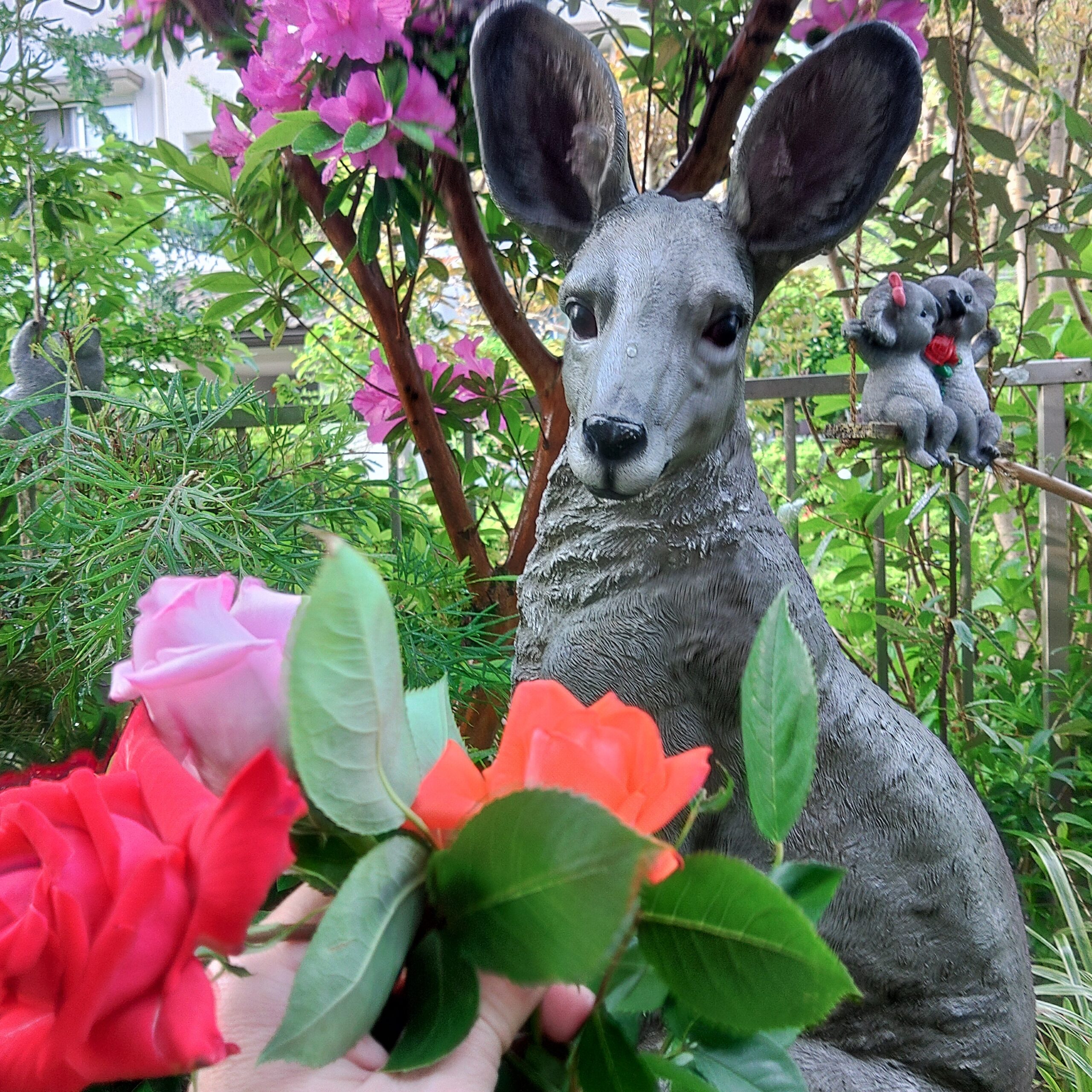fossick Australian English A term that originated during the Gold Rush of the 1850s that means to look for, search, or rummage. It was once used only to describe searching for gold, but now means seeking anything in a difficult to find place. 日本語 くまなく探す。検索する。探す。オーストラリアは、1850年代にゴールド・ラッシュがあり、fossickがその時に出てきて、「金を探す」という意味しかなかったが、現在に至るまで「見つかりにくい場所にどんなものでも探せる」という使いかたになった。 Plain English To seek, search for, rummage. Strine Dictionary
Related Posts

The First Class First Nations Film Festival
February 3, 2024
Wistful Wisteria
April 22, 2023